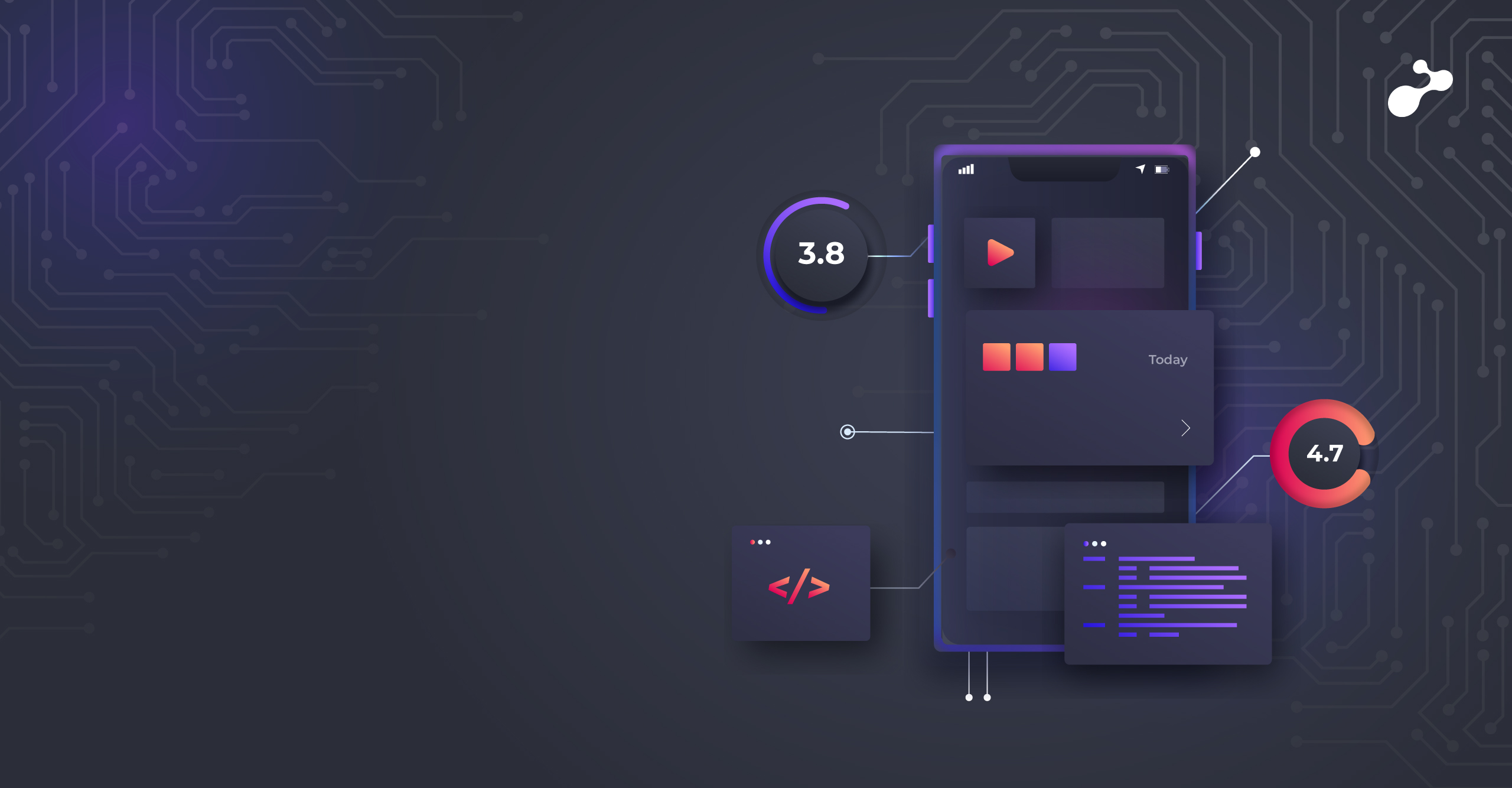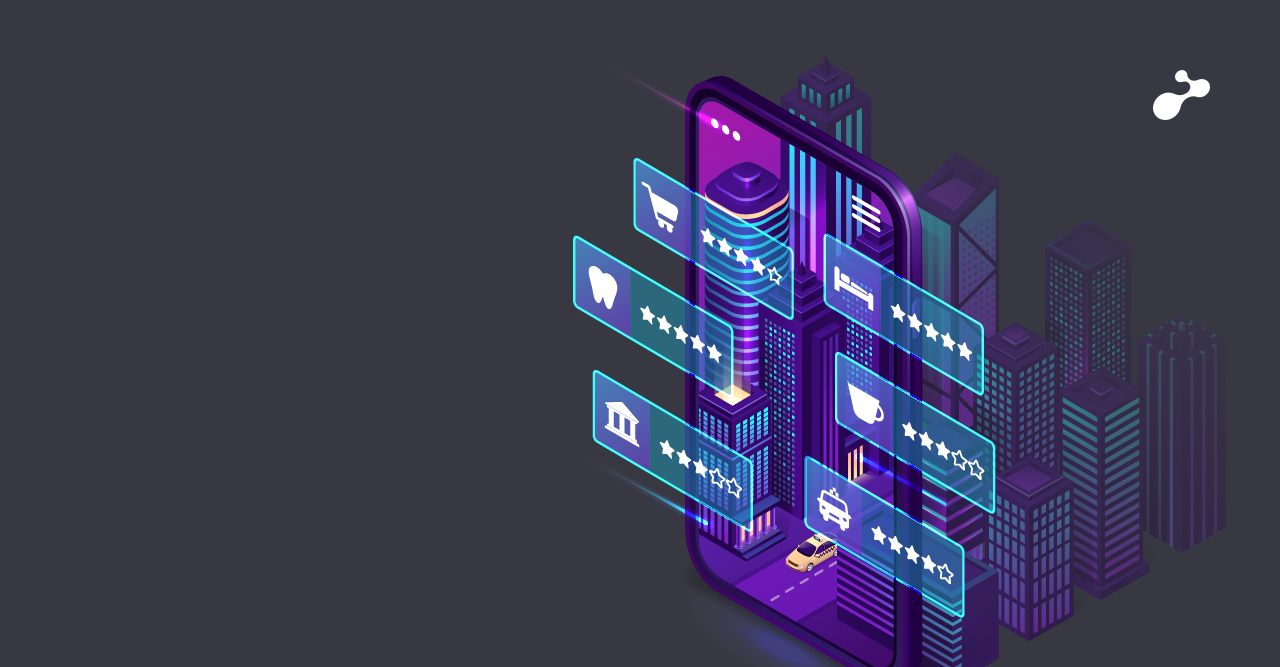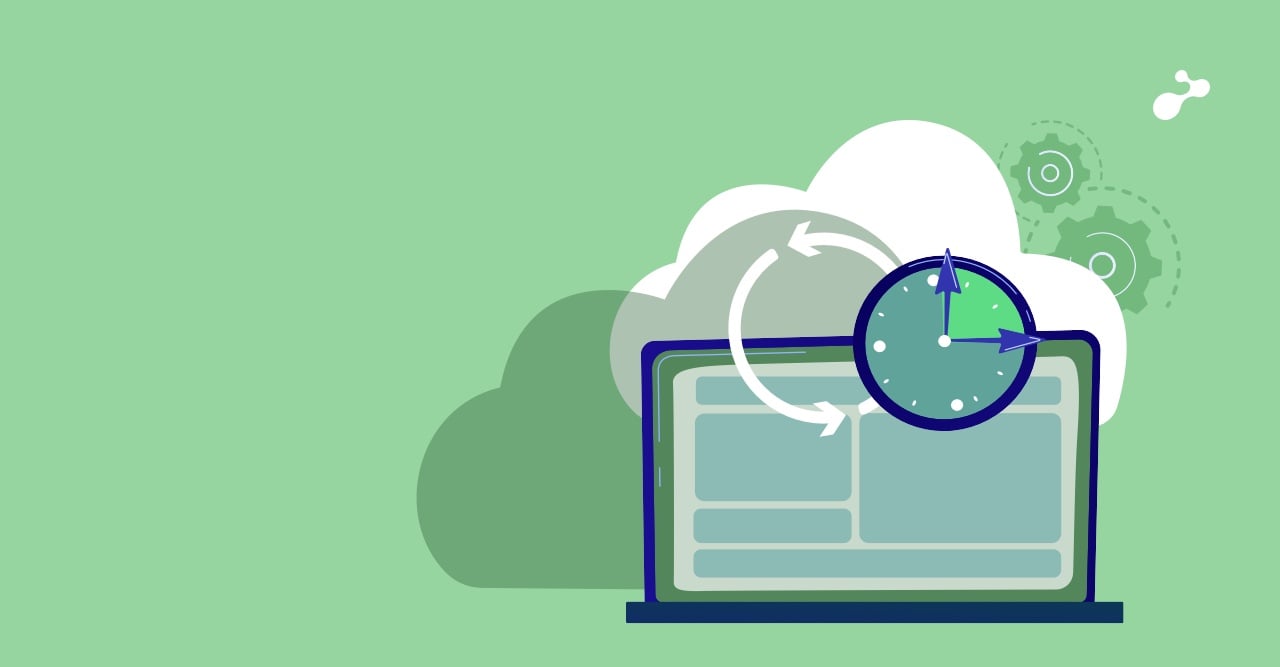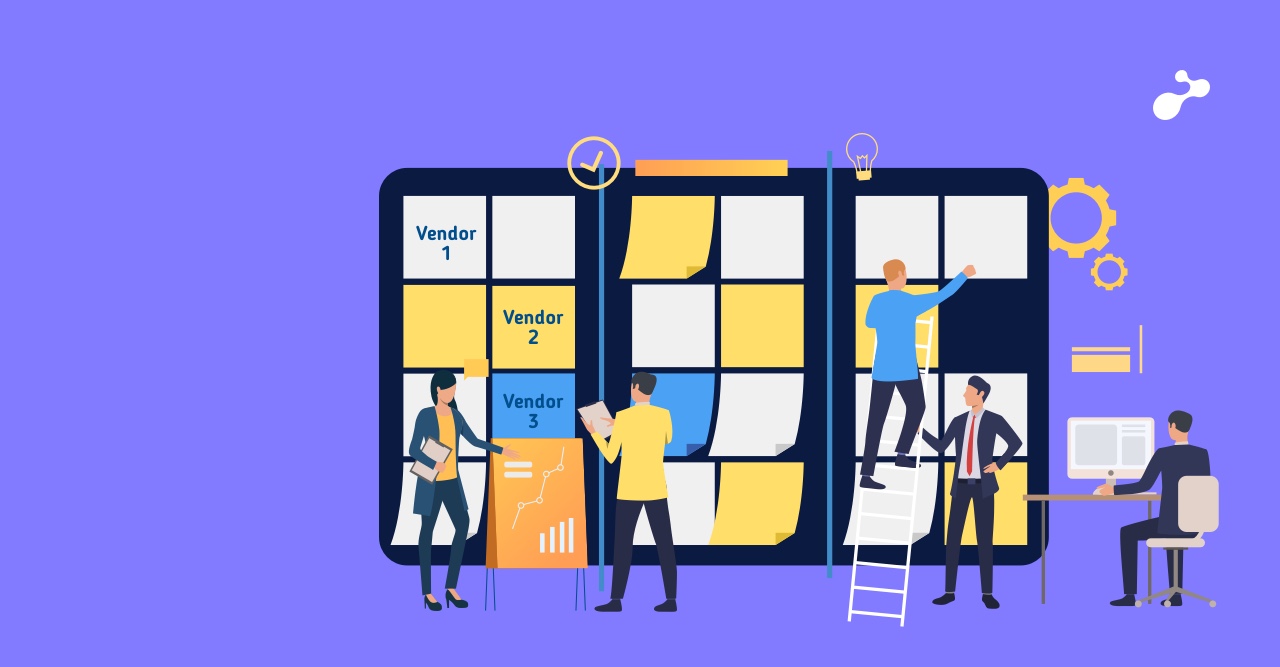As Business Analysts we always find ourselves in a scenario wherein we have to deal with the changing needs of clients and also with the bigger scope outlines with shorter deadlines. Even at a very initial stage of a project we have a conflict between what was initially proposed and what the customer is demanding now as part of the implementation with the limited timelines and resources.
This is a very common challenge in businesses like ours where there is a day-to-day interaction with a variety of business domains and clientele. How do we deal with these kinds of situations? These are not the part of a BA process, neither are they parts of Software Life Cycles. But somehow as a BA we are accountable for dealing with such situations that randomly come up, expecting you to draw on your experience of handling stakeholders and the associated business Impact.
We often feel and expect customers to be clear about what they want, however differences can crop up in their requirements as the project progresses. As a service partner we should be in a position to help the customers by redefining their problem statement, incurring new opportunities, and specifying their system’s needs. This is the starting point where you may have to bring your customer to the table and negotiate the terms.
Consider an example – An enormously ambitious healthcare start-up reached out to leverage an opportunity in the current crisis of COVID-19. They wanted to create an Artificial Intelligence based health assessment application for elderly patients who are far away from their family members. The time duration to grab this opportunity as you see is very limited because we are already facing the crisis. And there is an overwhelmingly large number of potential features which could be incorporated.
As a Business Analyst, I can very well understand from the customer’s point of view why the product launch should be planned in the time of 2 months or so and since it’s a start-up there would be some limitations in terms of funding as well.
That’s where it becomes very important to prioritize business needs for customers while ensuring the collaboration between your and your customer’s business is mutually beneficial. It has to be a win-win situation. With that process going on it also becomes challenging to build and maintain the levels of trust in your customer that you and your team are capable of fulfilling their business needs. You need to devise the whole implementation plan for your customer’s business, including all the fancier non-important features, and also genuinely justify why they need to be de-prioritized. For example, you can consider ‘Showing the health statistics on the application’. This is a very good feature to provide, seems important too, however, how many elderly patients will actually bother to open-up the statistics and analyze them? Adding to this, it claims a lot of effort in terms of implementation. That may be a useful feature but not so critical for the intent of the application, at least for the time being. And that’s where you back your points with logical arguments.
Similarly, ‘Adding an In-App call and messaging feature’. A good feature to ask for so that the App keeps the record of when and how much did the patient consult with its doctor. Call and messages are always a no-blocker. They can easily be made via normal phone. Despite an App keeping a record, it does not benefit you if you are not generating any logical inference out of it. Hence this can be the way to postpone the feature.
You may also have to specify your needs in terms of on-ground implementation, which is a genuine thing to ask. And you can prioritize the features based on that. To specify ‘How’ and ‘When’, you need to outline the ‘What’ to help your client understand better.
These are some of the ways in which you can negotiate effectively with your customers and ensure you deliver business value for your customers while considering the factors of feasibility, profit and resource availability. On the whole, as business analysts, we must learn to navigate these challenges and not only understand the customer’s needs, be also be able to weigh them against factors such as demand, scope and capabilities to find an optimized approach towards delivery.






